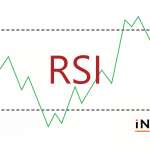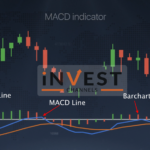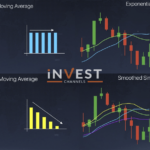How does RSI work?
The RSI indicator defines trend strength and the probability of trend reversal. It is calculated in the following way: the sum of price growth for a given period is divided by the sum of the price decrease.
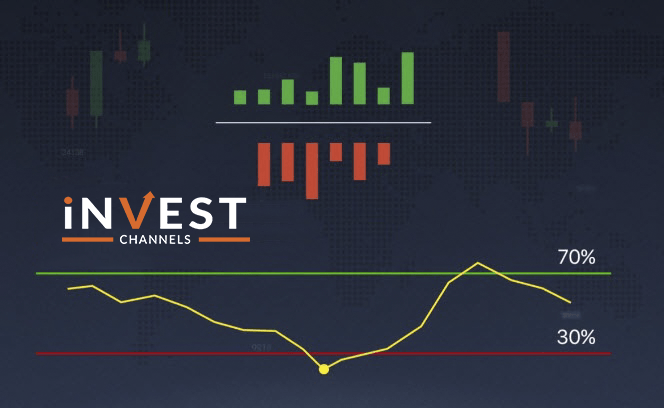
The indicator puts the resulting data on a scale from zero percent to 100 percent. Thus if all candlesticks on the given period are green then the indicator value is 100 percent. If red it equals 0 percent.
Period and overbought/oversold areas
Period is a candlestick quantity used for data collecting. It is set in the indicator settings and equals 14 by default.
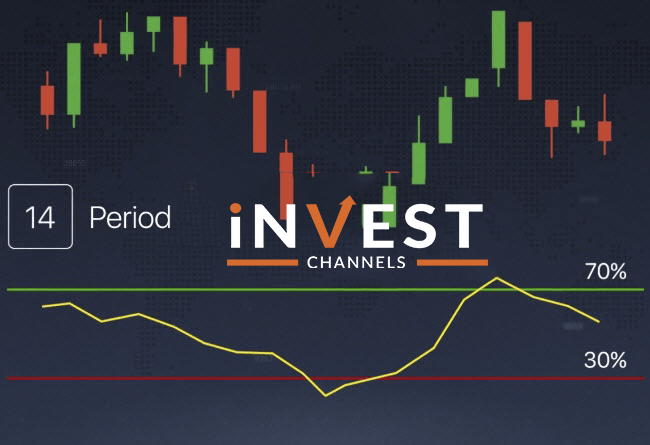
Overbought and oversold values are also set there and equals 70 percent and 30 percent by default respectively. If the overbought value gets closer to 100 percent while the oversold value gets closer to 0 percent then the signals become more precise. Although their quantity decreases.

Using Relative Strength Index
If the RSI indicator intersects on a higher level it means an overbought case. When prices are increasing too high and fast and soon they are expected to decrease. If the indicator intersects on a lower border it means an oversold case where prices are getting too low too fast and they are expected to increase.
We encourage you to read about divergences on RSI. It’s an interesting way of using the Relative Strength Index on the IQ Option platform.
We wish you successful trading!
Top 5 Trending
In the world of online trading — often filled with risk and uncertainty — verifying the credibility of a platform… [Read More]
Starting your trading journey can feel overwhelming — there are countless assets to choose from, and it’s hard to know… [Read More]
"Why do I keep losing money in trading?" This is a question every trader has asked at some point. Experiencing… [Read More]
Trading indices is more than just a financial pursuit; it's both an art and science, demanding attention to detail, a… [Read More]
Forget Tiffany’s—there’s a diamond that traders treasure even more. Diamond chart patterns may not sit on a ring, but they… [Read More]


